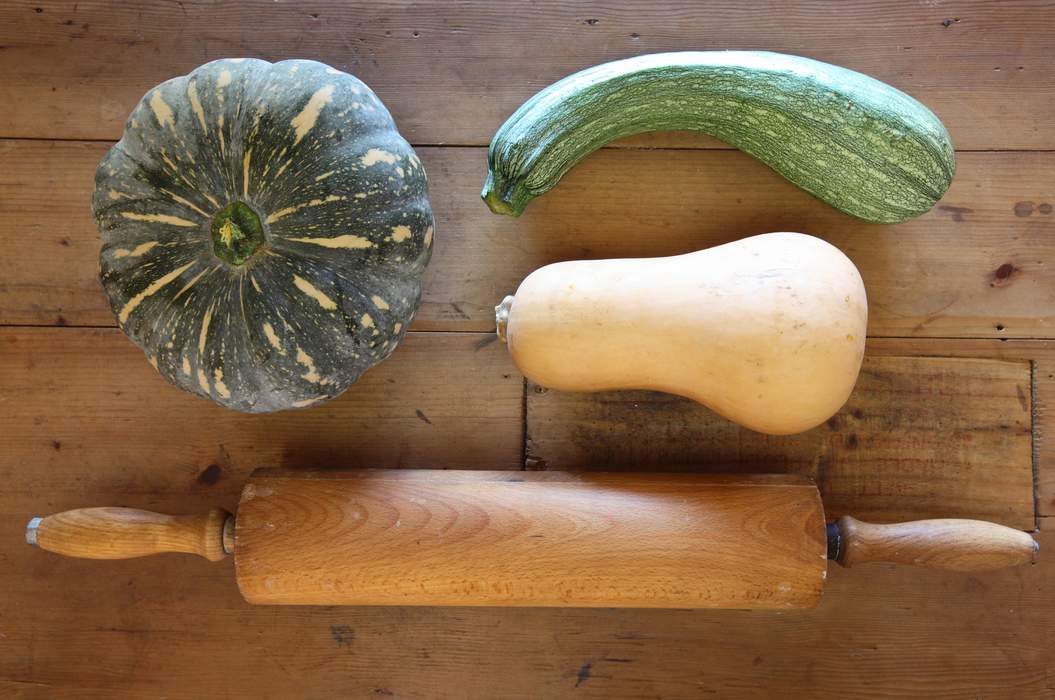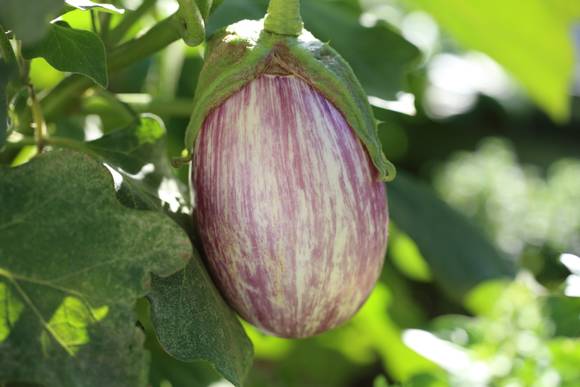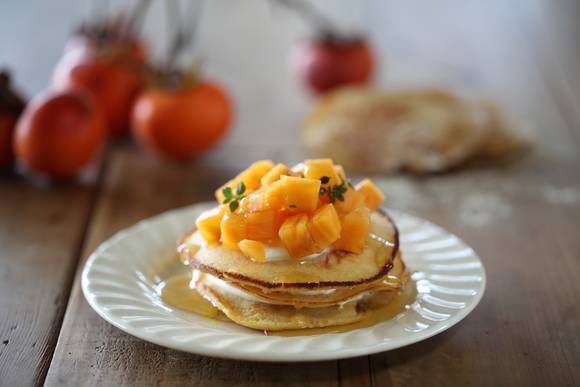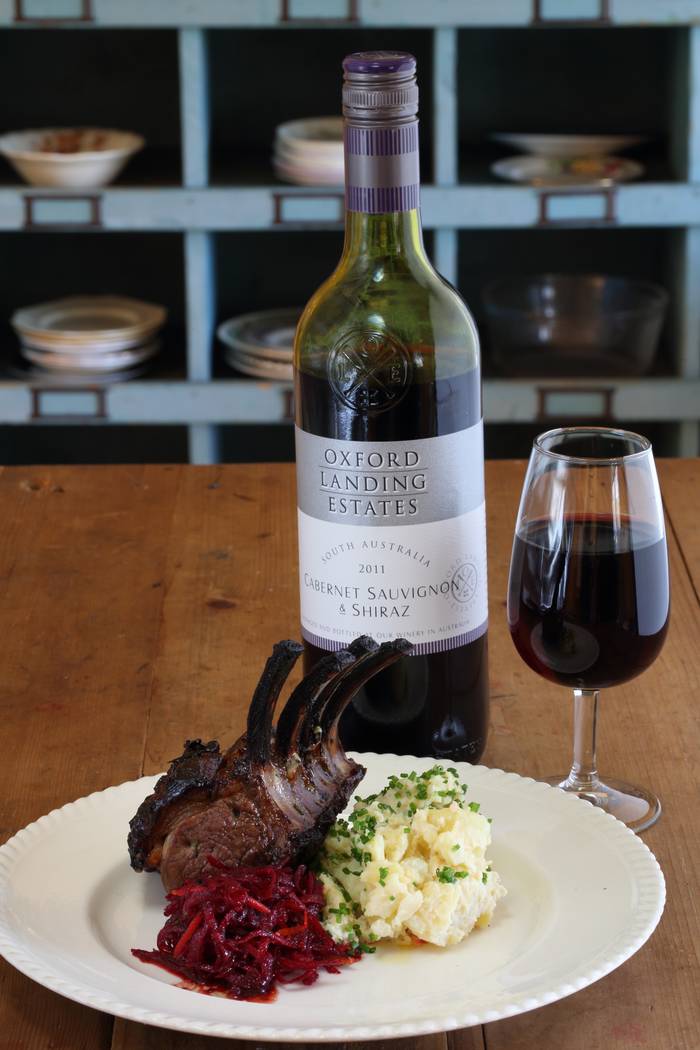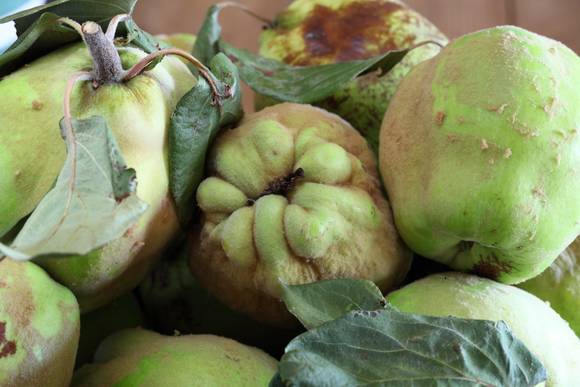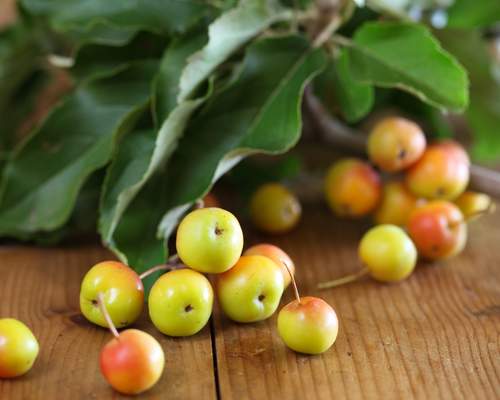May 21 2016
Firstly, growing as much of your own food as you can covers both quality and savings, of course this isn’t achievable for everyone, so my other suggestion is to visit Farmer’s Markets where you can buy in season. Food is always less expensive and of better quality when it’s in season. Eating seasonally is really my best tip as an overall approach to food, it ticks so many boxes -MB. Read the rest...
May 19 2016
Astringent persimmons can be used as a purée, in baking biscuits, cakes, breads, puddings, tarts, and in sauces. My perennial favourite is a simple tart of sour cream pastry topped with mascarpone, or crème fraiche and ripe persimmon pulp. Or you might like to give this weekend’s pancakes a new twist? -MB. Read the rest...
May 17 2016
Moving to the Valley and being surrounded by ever changing seasonal produce has always been my greatest inspiration, and that in turn has allowed me to learn my craft by trial and error and I’ve gone along from one idea to the next, which has included every which way to use grapes, so wine and food have always gone hand in hand for me. Ask any Barossan and they will tell you that local wine is an essential partner to our fantastic produce grown in the Valley- MB. Read the rest...
May 15 2016
I’ve always loved the ‘alchemy’ of cooking quinces, as they transform their pale yellow colour into the most exotic, rubescent red. The tartness of quince when peeled, cored and sautéed in nut-brown butter, is the best antidote to the richness of duck or goose. Try it served as a silky puree with quail, guinea fowl, partridge or pheasant. This same puree can also be used as a dessert by adding extra sugar and a vanilla bean during cooking. Small quinces can be baked fresh from the tree after being peeled and cored. Stuffed with walnuts, butter and honey they are delicious as an end to a long Autumn lunch- MB. Read the rest...
May 13 2016
To marinate your own olives, once they’ve gone through the pickling process, toss them in Extra Virgin Olive Oil with some rosemary and thyme and, particularly if using kalamatas, some orange rind. I keep an earthenware crock on the kitchen bench filled with olives immersed in brine or a mix of olive oil and wine vinegar. There is no need to refrigerate them unless you’ve added flavourings that may perish. If you do so, bring them to room temperature before use- MB. Read the rest...
